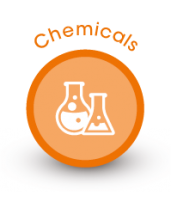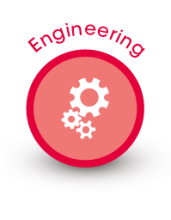
CoPro: Anomaly detection in polyethylene production
The Problem
- Unforeseen plant failures cause production shut-downs and may lead to damages.
- Early predictions of such failures enable corrective actions and ensure resource efficient and sustainable production.
- Decompositions in polyethylene plants are major upsets that should be avoided.
The Solution
- Application of machine learning algorithms for anomaly detection and prediction.
- Prediction of plant failures in polyethylene production using those algorithms.
- Integration into divis’ ClearVu AnalyticsTM toolbox and Leikon’s Intexc Suite.

The goal of the CoPro project was to develop and to demonstrate methods and tools for process monitoring and optimal dynamic planning, scheduling and control of plants, industrial sites and clusters under dynamic market conditions, to provide decision support to operators and managers and to progress to automated closed-loop solutions to achieve an optimally energy and resource efficient production.
CoPro brought together 17 partners from 8 EU countries, including 5 industrial end users and 6 technology providing SMEs. The project developed solutions for the plant-wide optimisation of large plants, for balancing production and consumption in industrial parks for industrial symbiosis, and addressed power plant scheduling and demand-side response. It further developed online data analytics for anomaly detection, and decision support for plant operators and managers. The solutions can be integrated into the IT infrastructure of the plants via an integration platform that supports the connection to different IT systems. CoPro developed model libraries for the efficient development of advanced optimisation-based solutions and techniques and software for hybrid modelling and model management.
The developments of CoPro were motivated by and applied to challenging use cases from different sectors of the process industries:
- (Petro-)chemical production;
- Cellulose fiber production;
- Production, formulation and packaging of consumer goods;
- Sterilisation and packaging of food.
CoPro demonstrated that significant savings of energy and resources are possible by using advanced technologies for monitoring, decision support, optimisation, and planning and scheduling.










